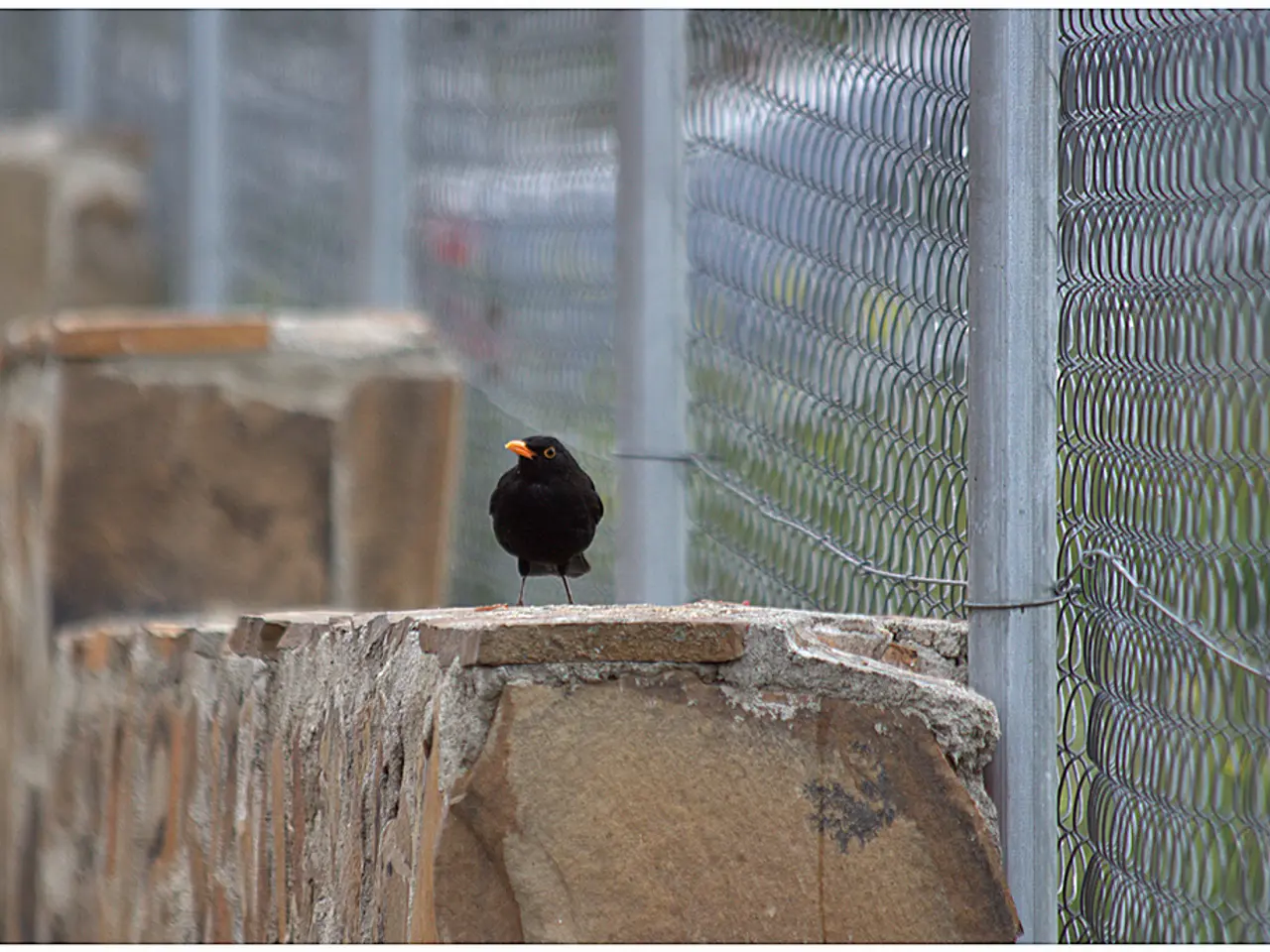AI aids in reviving an endangered avian species!
In the lush forests of Samoa, a rare and elusive bird, the Disli-billed Pigeon, or Manumea, is being tracked using cutting-edge technology. The Manumea, a large forest pigeon found only on Samoa, is critically endangered, with an estimated 250 individuals remaining worldwide.
Conservation efforts led by the Samoa Conservation Society (SCS) have been ongoing for years, and now, they're receiving a boost from artificial intelligence (AI). Colossal, a foundation dedicated to the preservation of endangered species, has provided financial support and advanced technology to the Manumea conservation project.
The AI-enhanced approach improves detection sensitivity while reducing the labor and time required for field surveys. Researchers set up autonomous recording devices in the forests to continuously capture sounds, including the calls of the Manumea. These recordings generate vast amounts of audio data, which would be impractical to analyze manually.
To tackle this challenge, specialized AI algorithms are trained to recognize the unique vocal patterns of the Manumea among other forest sounds. Using techniques such as deep learning or pattern recognition, the AI can detect and isolate the calls of the pigeon with high accuracy.
Once detected, these vocalizations provide presence data that researchers use to map the distribution, estimate population sizes, and monitor the behavior of the Manumea over time. The bioacoustic algorithm, developed by Colossal, achieved a remarkable 95% accuracy rate in identifying Manumea calls.
The success of this project may serve as a guide for finding other lost species. Colossal aims to adapt spatial audio recording and 360-degree video capabilities for enhanced, real-time monitoring of the Manumea.
The algorithm was trained to distinguish the calls of the Manumea from other species by first learning what sounds are not from Manumea in uninhabited areas of American Samoa. The bioacoustic algorithm has been integrated into a mobile application for real-time analysis of recorded audio on smartphones. This mobile application allows field teams to evaluate potential Manumea detections swiftly and plan field operations in real-time.
AI is becoming a new language for understanding and conserving nature, according to Colossal. The IUCN's Pigeon and Dove Specialist Group (PDSG) has listed the Manumea as its highest conservation priority. The goal of Colossal is to place the Manumea under ex-situ (off-site) conservation.
The Manumea is genetically considered the closest living relative to the extinct Dodo bird. The bioacoustic algorithm increases the efficiency of the search process for the Manumea, allowing resources to be used more effectively. As the world continues to lose species at an alarming rate, the Manumea project demonstrates the importance of AI in preserving existing species.
Environmental science and artificial intelligence are being utilized to increase the efficiency of the Manumea conservation project in Samoa. The bioacoustic algorithm, developed by Colossal, is trained to recognize the unique vocal patterns of the Manumea and can detect its calls with a high accuracy rate of 95%. This technology, integrated into a mobile application, allows field teams to evaluate potential Manumea detections quickly and plan field operations in real-time.




